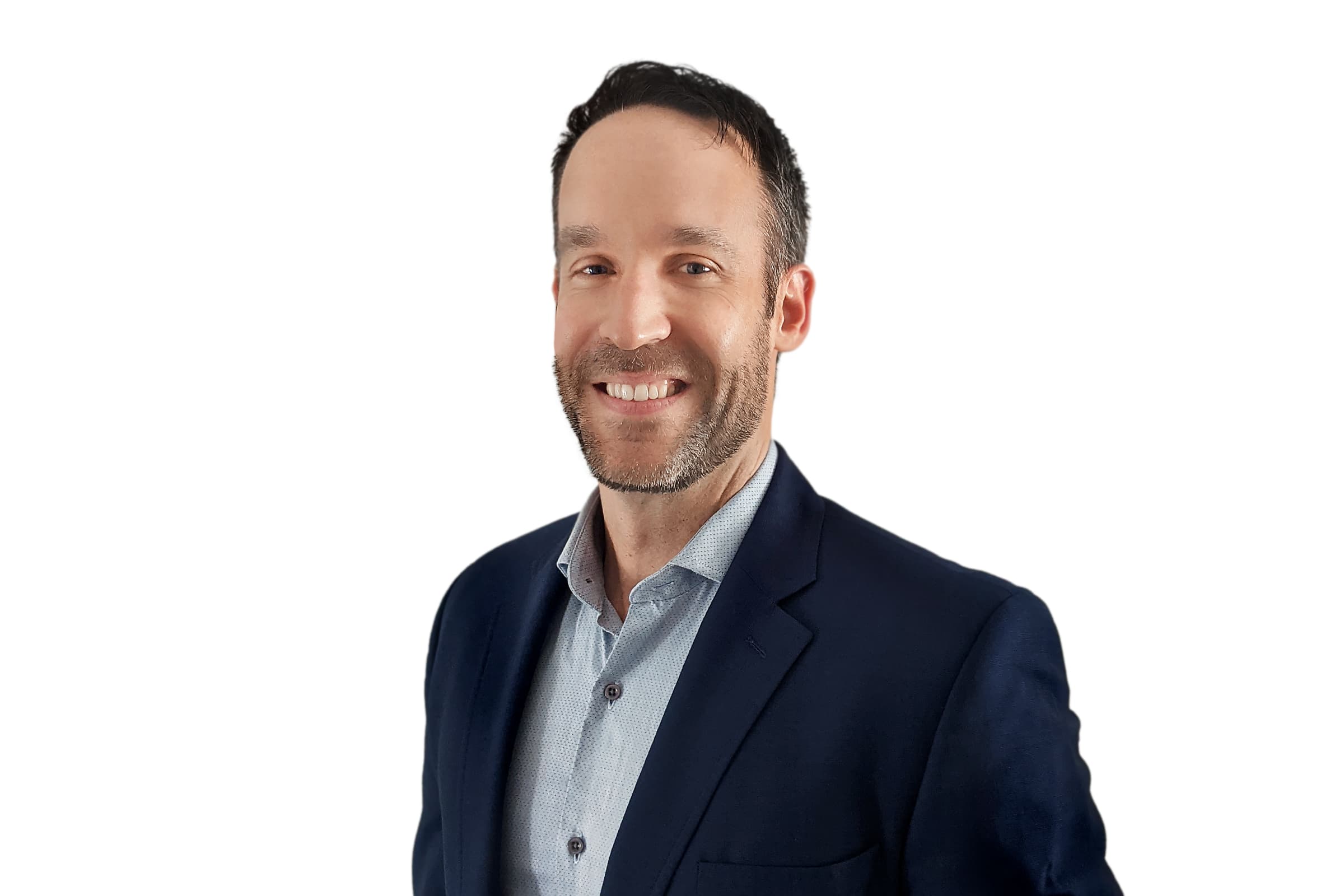This investigation is part of a project reported in partnership with The Examination, The New York Times, Premium Times, ClassFM Online, Pambazuko and Truth Reporting Post.
People living near a cluster of battery recycling plants in Nigeria have complained for years about headaches, stomachaches, memory loss, seizures, and learning difficulties – all symptoms of lead poisoning.
But the furnaces in those plants have continued to burn, spewing smoke into the air as they melt down lead from old car batteries.
To understand how pervasive lead contamination is in this community, The Examination and The New York Times commissioned soil and blood testing.
Meanwhile, we worked to figure out where the lead produced in these factories went. We traced it from this community near Lagos to battery makers that supply automakers including Ford, General Motors and Tesla.
As demand for lead has grown, the auto industry has used more lead from battery recyclers in Nigeria and other African countries. Poisonous, lead-laden smoke from these factories drifts over neighborhoods and lead dust settles onto homes, markets, schools and playgrounds.
Of 70 people who volunteered to be tested, including mothers, children and factory workers, seven in 10 had lead poisoning. Soil and dust samples registered up to 186 times as high as what experts say is safe.
Most major car companies didn’t address our findings about tainted lead from Nigeria. In general, car and battery manufacturers said they rely on suppliers to follow laws and corporate sustainability policies. A major battery maker said it hadn’t paid much attention to the source of its lead and that it stopped using Nigerian lead after seeing the results of our investigation.
The recycling plants that responded to our questions denied any wrongdoing but said they’re making improvements.
Visual editing by Taylor Turner of The Examination and Ashleigh Joplin of Magnolia Ash Productions LLC, with contributions from Finbarr O’Reilly, photographer, for The New York Times.
The partners for this project have been updated.



